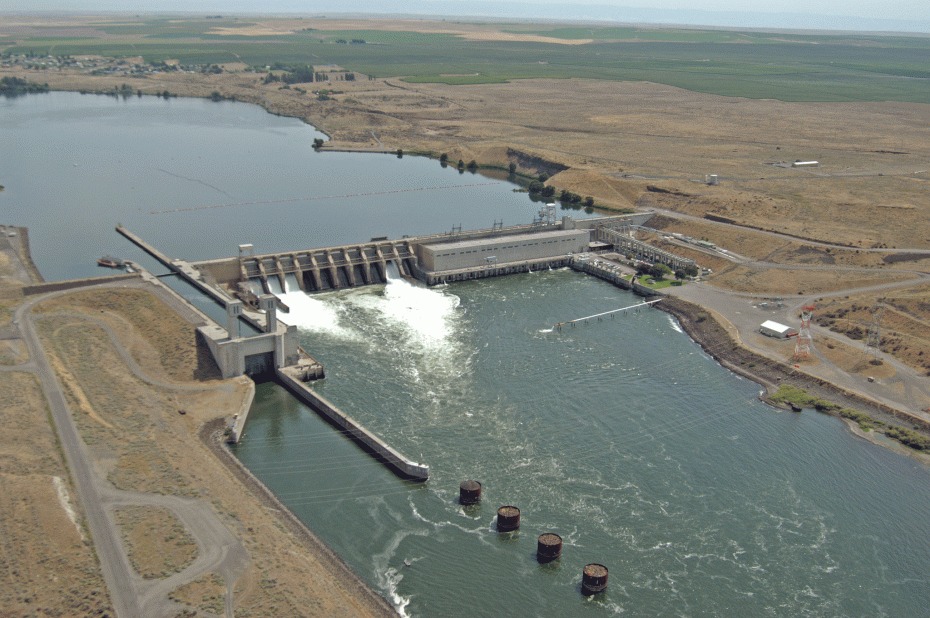Stop the dam assault on our rivers and wildlife
Rivers and streams are the arteries and veins of our land and communities, few things have impacted our rivers more than dams. The hydropower industry is right now making an unprecedented assault on our rivers and wildlife. If they’re successful, they’ll take the nation back more than half a century to the regrettable time when dams could destroy our rivers without consequence.
Rivers and streams are the arteries and veins of our land and communities. They provide clean drinking water, pollution filtering, irrigation for the food we eat, habitat for fish and wildlife, and recreation opportunities. They are also vitally important to the nation’s commerce.
Rivers have other important values that are not as quantifiable. Ancient Chinese philosopher Zhuangzi was credited with saying, “I know the joy of fishes in the river through my own joy, as I go walking along the same river.” Most of us have fond memories that involve rivers and streams, and many of us spend our summers making new memories hiking near, paddling on, or fishing along our nation’s rivers and streams.
Few things have impacted our rivers more than dams. They block water flow and fish passage, and can degrade water quality and wildlife habitat. But dams also provide benefits, including electricity generation, flood control, and recreation.

The four lower Snake River dams (including Ice Harbor Dam pictured) in the Pacific Northwest are among the most controversial in the nation. The dams prevent salmon from migrating up and downstream, and now the salmon population of the Snake River is at 3 percent of its historical abundance. For decades, conservationists have been calling for the removal of the four lower Snake River dams, but they still stand without adequate fish passage, a testament to a bygone era when dams could destroy rivers and wildlife with impunity.
Dams are not inherently bad, especially when they have been licensed under our modern environmental laws. However, many dams throughout the nation were built before the Clean Water Act and Endangered Species Act, and when those dams were built, they placed a low priority — or no priority at all — on water quality, wildlife habitat, and fish passage.
Most hydroelectric dams are relicensed every 50 years, and many older dams are now due for relicensing. This is great, because thanks to our modern environmental laws, relicensing often translates into improved fish passage and water quality, mitigation for environmental damage, and increased community input.
In some cases, rather than update dams to comply with modern laws, dam operators choose instead to just remove dams. In 2014, 72 dams around the nation were removed, restoring more than 730 miles of stream. Is that great or what!?
So that’s the good news, but the bad news is quite disturbing. The hydropower industry is right now making an unprecedented assault on our rivers and wildlife. If they’re successful, they’ll take the nation back more than half a century to the regrettable time when dams could destroy our rivers without consequence.
An industry-introduced bill in the U.S. House would create massive loopholes in relicensing laws that would largely allow dam operators to not comply with the Clean Water Act, the Endangered Species Act, and other basic requirements for protecting wildlife habitat and water quality.
The bill would also make local communities and tax payers responsible for all the costs and burdens of obeying water quality and wildlife management laws, because the industry would no longer have to follow those laws.

In addition, the bill would transfer authority to protect our natural resources from state and federal environmental agencies to the hands of the Federal Energy Regulatory Commission, an energy-permitting agency that has a long history of putting energy production over the environment.
We must stand firm against this new threat to our rivers and wildlife. Power companies should be commended for strengthening their portfolio with more renewable energy, but they must not be allowed to create giant loopholes in our key environmental laws to do so.
Dam relicensing provides the opportunity to mitigate damage to the environment, while still providing reliable electricity. But we can’t let hydropower circumvent the law and take us backwards in time. Please tell your representative to kill the dam bill now.

